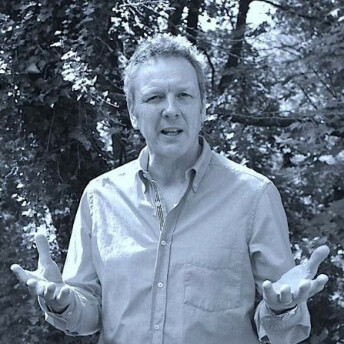
It struck me that so much of the advice here is modern in its framing. First of all, we have the imperative not to put things off – “don’t procrastinate” – which predates the advice of so many self-help and therapeutic writing of the last 50 years. Well, in fact, strictly speaking the first book actually called Self Help was by the English Victorian Samuel Smiles, published in 1859. Getting things done lies at the heart of any successful life, provided that the things done are morally good – raising a family, healing others, caring for friends, developing people, building an organisation and so on.
Then we have – don’t confuse” – or the drive to clear and effective communication. And Marcus Aurelius allows that this takes place in conversations, not just in giving orders. The difficult conversations we all have from time to time can be made less perplexing if we are committed to being clear and not confused.
Equally challenging, perhaps, is the necessity to be focused in thought – “don’t wander” – which calls up the idea of achieving things in life though concentration and application of mental effort. Anyone, after all, can daydream (although this in itself is an important part of the creating process).
The modern framing “passive/aggressive” appears in modern western culture as a psychiatric disorder from 1952 in the Diagnostic and Statistical Manual of Mental Disorders (American Psychiatric Association) which classifies mental disorders in common language and standard criteria. It is extraordinary that Marcus Aurelius prefigured this by nearly 2,000 years.
Finally, some life-work balance. All well enough for a Roman Emperor; but the Empire was at war for his entire reign (161-180) and he had to cope with a plague in 165-66 that killed 5-10 million people. So we might think, along with administrative, political, and legal duties that Marcus Aurelius had little time for activities that lay outside soldiering or running an Empire. Yet he insists “in your life, don’t be all about business.”
What is even more remarkable is that he divides his advice along now well-known lines – our actions, our soul, and our life. We might think instead of what we do, how we are, and what we know – or in another order, according to the US military leadership thinking “Be + Know + Do.”
This is almost the complete picture of the Heartstyles model, particularly the passive/aggressive elements of Below the Line behaviors where Pride is passive and Ego aggressive in its dealings with self and others.

